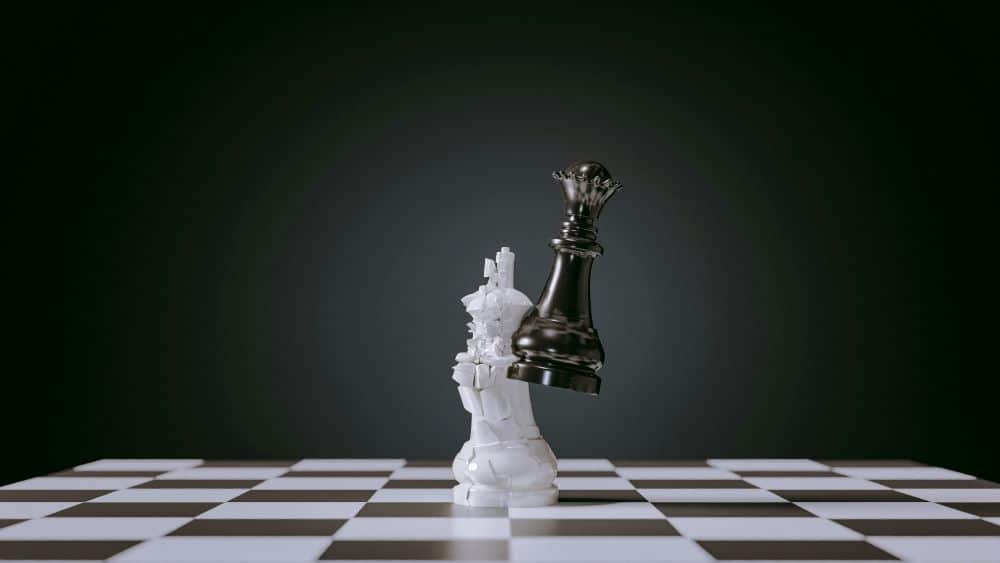In our daily lives, we often engage in subtle yet complex psychological games that distance us from our true selves. These games are rooted in various ego defence mechanisms employed to protect us from “perceived” threats and discomforts. However, these defences, while serving a seemingly immediate protective purpose, becomes detrimental to our personal growth, relationships, and overall well-being if left unchecked.
The reasons for this is most of these “perceived” threats and discomforts are in reality no longer actual threats, but merely a lack of integration, development and maturity. Which means they are opportunities for growth. Let’s delve into the most common ego defence mechanisms, offering insights into how we can confront and overcome these barriers to live authentically.
Ego Defence Mechanisms
1. Displacement: Misdirecting Emotions
Displacement involves redirecting emotional impulses from a primary source that is considered threatening to a safer substitute. This can result in inappropriate emotional reactions toward unrelated individuals or objects, leading to strained relationships and unjust behaviour. For example, a person angry at their boss might displace this anger towards their children or spouse, causing harm where it is least deserved.
2. Repression: Suppressing Painful Memories
Repression acts as a mental blockade, keeping distressing thoughts and memories from entering conscious awareness. This defence mechanism can lead to significant psychological issues, as the unresolved emotions and memories can manifest indirectly through physical symptoms, anxiety, or sudden emotional outbursts. Repression inhibits emotional processing and healing, potentially leading to deeper psychological problems.
3. Regression: Reverting Under Stress
Regression involves returning to earlier stages of behavioural or emotional development when confronted with overwhelming stress or threats. This retreat can manifest as childish tantrums, dependency behaviours, or other immature coping strategies, undermining one’s ability to function effectively in adult life and complicating professional and personal relationships.
4. Reaction Formation: Concealing True Feelings
Through reaction formation, individuals behave in a way that is directly opposite to their true feelings. This mechanism is often used to hide unacceptable thoughts or feelings by overcompensating with exaggerated behaviours. For instance, someone who deeply resents a family member may act overly affectionate towards them in public to hide their true feelings.
5. Projection: Attributing One’s Flaws to Others
Projection involves attributing one’s unacceptable desires, emotions, or impulses onto another person, rather than admitting these feelings exist within oneself. This can lead to false accusations and significant misunderstandings in relationships, as the person insists others have motives or attitudes that are actually their own.
6. Splitting: Viewing the World in Extremes
Splitting is the tendency to see things in extremes—either all good or all bad, with no grey area. This ego defence mechanism can lead to unstable relationships and unrealistic perceptions of others, as it prevents a balanced understanding of situations and people, including oneself.
7. Denial: Refusing to Accept Reality
Denial involves ignoring the existence of an unpleasant reality, especially those facts that are too threatening to acknowledge. It can severely restrict one’s ability to deal with the challenges of life effectively, as it blocks out essential truths that need addressing.
8. Projection Identification: Inducing Behaviour in Others
Projection identification extends beyond simple projection, involving not just the disavowal of one’s undesirable qualities but also the elicitation of those qualities in others. This complex interaction can lead to toxic relationships and distorted perceptions, as individuals unconsciously encourage others to act in ways that justify their own defences.
Awakening to Authenticity
Recognizing these ego defence mechanisms can be challenging, as it involves confronting uncomfortable truths about ourselves and our coping strategies. However, this recognition is crucial for breaking the cycle of self-deception and moving towards a more authentic, fulfilling life.
Ego Defence Mechanisms and The Path Forward
The journey towards authenticity is not just about recognizing these ego defence mechanisms but actively working to understand and mitigate their impact on our lives. This often involves therapy, self-reflection, and gradually replacing these harmful ego defence mechanisms with healthier ways of coping. As we do so, we open ourselves to more genuine relationships, a clearer sense of self, and a more engaged and responsive presence in the world—both personally and professionally.
Ready to break through ego defence mechanisms holding you back? Our Integrative Coaching can guide you toward self-awareness and lasting transformation. Have a look at the various coaching services we offer.

